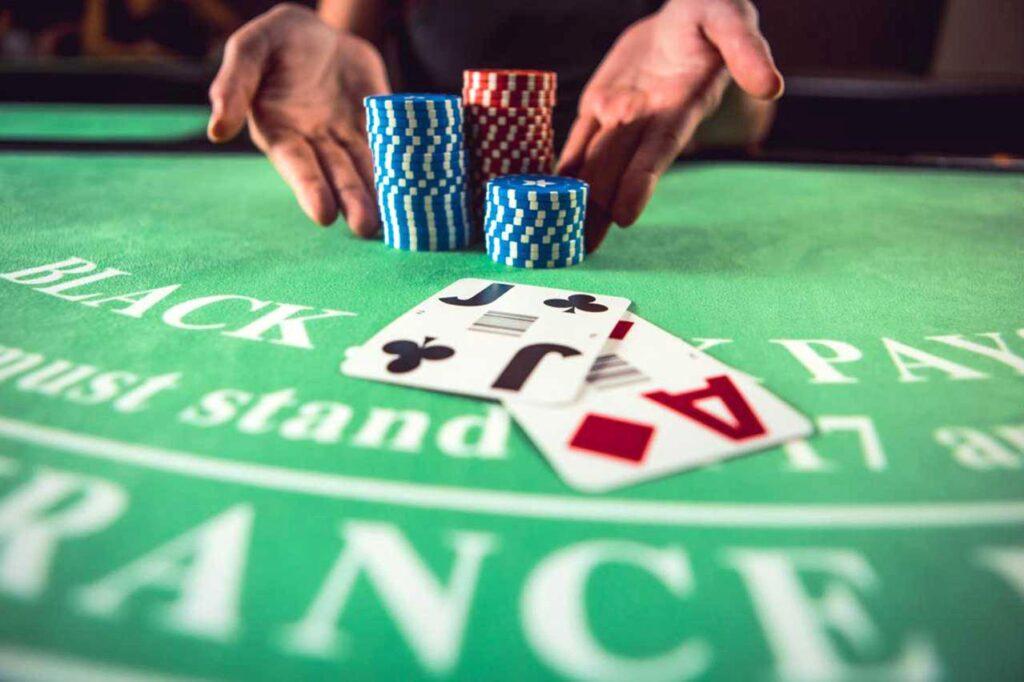Gambling in Ancient Civilizations: Egypt, Greece, and Rome
Betting has been around for millennia, entwined with the set of experiences, culture and social traditions of old developments. This article uncovers the mysteries of betting in three extraordinary developments of the past: old Egypt, Greece and Rome. By investigating their verifiable past, we are submerged in our current reality where games were diversion, yet in addition assumed a vital part in religion, social construction and even governmental issues.
In ancient Egypt, where pharaohs and mystical rituals reigned, gambling was often associated with beliefs about the afterlife and divine predestination. Greece, the cradle of Western philosophy and democracy, introduced gambling as a way of learning, thinking and divination. And in mighty Rome, where emperors and gladiators defined the day, gambling became part of public life, reflecting the passions, ambitions and even inequalities of that great empire.
From dice and primitive card games to complex strategy board games, gambling was an integral part of life in these ancient societies. They not only entertained, but also educated, taught and even helped in decision making. This journey into the past will help us better understand how gambling shaped and reflected the cultural and social aspects of the lives of our ancestors, leaving a significant mark on human history.

Egypt: The Beginning of the Excitement
Ancient Egypt, famous for its pyramids and pharaohs, also had a rich history of gambling. Documents and finds confirm that the Egyptians played games with dice and boards. One of the popular games was “Senet”, which was a board with cells on which figures moved depending on the throw of the dice. It is believed that the game had not only an entertaining, but also a ritual meaning.
Greece: Mind Games and Luck
In Ancient Greece, gambling was widespread among all segments of the population. The Greeks loved to play dice, which were considered a symbol of fate and divine destiny. In addition, mind games such as chess and various variants of backgammon, which required strategic thinking, were popular. Games were accompanied by bets, and sometimes the passion for gambling led to significant debts.
Rome: Fun and Laws
Gambling reached particular popularity in the Roman Empire. The Romans were fond of dice games, betting on gladiator fights and chariot races. The emperors did not stay away from gambling, and some of them tried to regulate this area by introducing bans and restrictions. However, gambling remained a popular form of entertainment and was often associated with holidays and social events.
Impact on society and culture
Gambling in the ancient civilizations of Egypt, Greece and Rome had not only entertainment value, but also influenced social life and culture. In Egypt, for example, games were often associated with religious practices and beliefs in the afterlife. In Greece, gambling contributed to the development of mathematical and philosophical concepts, and was also used for educational purposes to teach strategy and tactics.
In Rome, gambling was closely associated with social and political events. Dice games and sports betting were typically played during holidays and social gatherings, which helped to strengthen social bonds. However, they could also lead to problems such as debt and bankruptcies, which in some cases led to legal restrictions on gambling.
Educational and social significance
It is interesting to note that many ancient societies used gambling not only as entertainment, but also as a means of education and social integration. In Greece, intellectually challenging games were used to teach strategic thinking and mathematical skills to young people. In Rome, games served as a way to strengthen social ties and demonstrate status.
Legacy of Gambling
The gambling of ancient civilizations left a significant legacy. Many modern games, including chess, backgammon and various card games, have their roots in ancient times. The study of gambling in ancient civilizations helps to understand the history and development of human culture, as well as a view of the life and universe of ancient peoples.

Conclusion
An investigation of the historical backdrop of betting in the old civic establishments of Egypt, Greece and Rome shows that betting has been a necessary piece of mankind’s set of experiences for a really long time. They engaged, yet additionally mirrored the social, strict and social parts of old social orders, passing on an extraordinary inheritance that keeps on impacting current culture and society.
